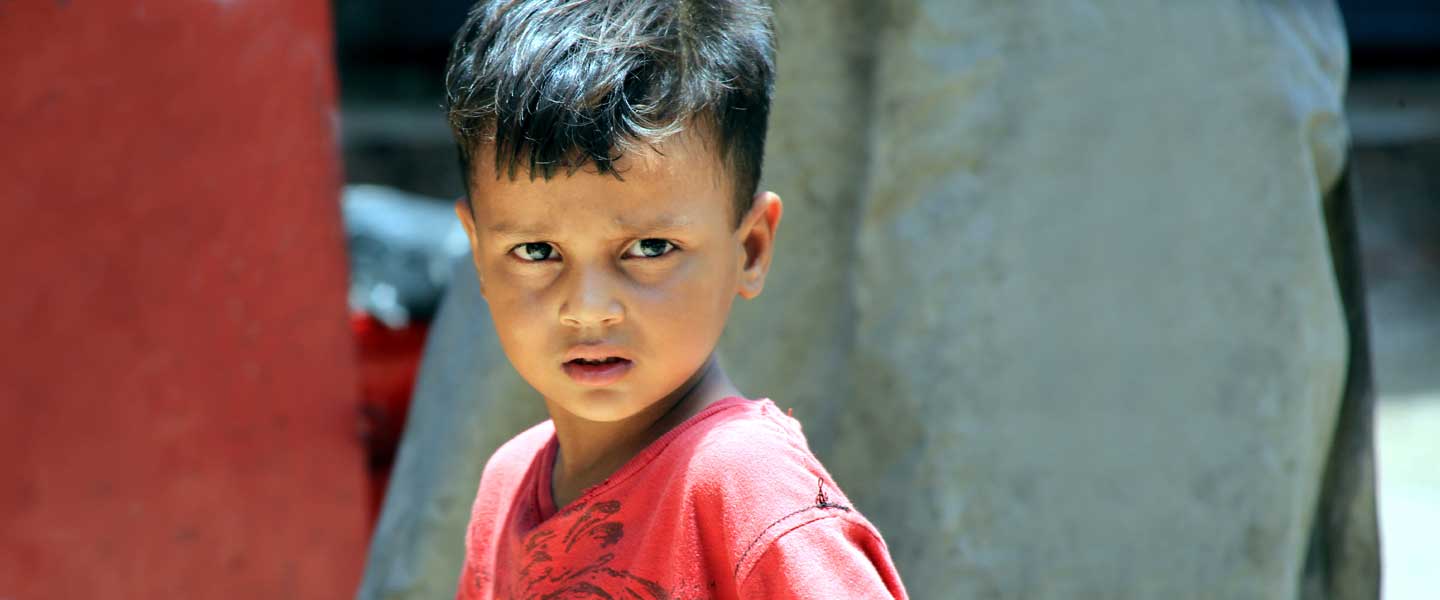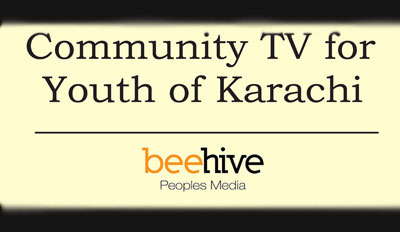Take a moment to address to child rights
By Kaukab Tahir Shairani
4 May 2016
KARACHI: Pre-schooling sees a shift over the past decade; parents are required to register their children into schools before their birth, and the child starts school before turning two.Classrooms at pre-school level are found with maids accompanying an 18-month- old to school. Many parents have found it hard adjusting to the idea of sending their child to school this early. However, Montessoris, such as National Montessori and Child Development Center claim it to be better for a child in terms of personality building, brain development and adaptation.
“Every child needs an environment to grow up and socialize in a manner. That is the environment such places create and provide,” said Farah Haseeb, coordinator at City School. She added that up to three years is when a child’s mind is most absorbent and that early schooling enables them to exercise this ability into brain development. She also said that if early schooling is not done, this time is wasted at home while it could be put to something substantial.
Research also states that early pre-school education is ideal for children who come from nuclear families. The decline of joint family system in Pakistan has largely kept children from socializing or relationship building at home. In a joint family, there are others too, to look after the child. However, in a nuclear family, both parents have to be on toes. This gets more difficult if both of them are working. Therefore, starting pre-school education at 18 months provides the child an environment where socializing and adaptation is taught.
Ayla Nasr, a working mother, sends her two-year-old son to Learning Tree Montessori in Karachi. “We started when he was 18-months- old. Initially, we tried to get admission in Bay View when he was five-months-old, but they told us that we are late to register.” She expressed discontent over registering a child as early as doing it before their birth. “When I was expecting my son, I first thought I should have the child and then decide about the school. However, since I am a working woman, it is a relief that he goes to school and has gotten disciplined at this age; but such early registrations make it look like a money-making scheme than an educational one,” she added. Many parents find this to be a financial burden. Ayla said that with most young couples, the issue is that both the parties work because without it, there is no way that they can live comfortably knowing the price hike in this country. However, in order to achieve this, the cost borne is massive because even pre-school education is highly pricy. Ayla concluded by saying that early pre-school has both pros and cons.
Darakhshan Farooqi, Headmistress at Beaconhouse has traveled to various cities across Pakistan to monitor pre-school education. “It is pointless to start school for an 18-month- old. A child as young as this finds it challenging to adjust in a routine away from his mother,” said Darakhshan. She said that this has been brought on by commercialization and is a product of extremely tech- savvy, socially oriented lifestyles. “A lot of young mothers send their child to school because it serves as an escape for them. But there is no replacement for bonding with a mother at this age. No school or teacher can do that,” affirmed Darakhshan.
Studies conducted abroad have shown that early pre-schooling creates subconscious stress on the child’s mind. In UK, a research indicated that children who start school late perform better in senior classes than those who start early. “Starting this early, the child becomes prone to enduring so much stress. We do not realize how far this affects one’s mind, especially a child’s. We started pre-nursery at age four, and it is not like students in our time were any less smart,” said Uzma Qidwai, a psychiatrist. She argued, “Why is there a need to register before birth and send the child to school at 18 months when the same could be done at age three or four, with no difference in outcome?”
It is true that most Montessoris do not entertain parents who come for admissions after their child is born. However, very few than none, pre-schooling institutions in Karachi are found who have no compulsion of registering the child before birth, nor starting as early as 18 months. Sumera Nasir, owner of Tiny Treasures Montessori in Karachi said, “Most parents feel that if they do not start so early, their child will not be able to get admission in reputed schools. This is not true, because reputed schools like Habib Girls’, Mama Parsi School and Karachi Grammar do not state the age a child should start pre-nursery at. In fact, they state a curriculum that a child should be taught.” She said that a child should be able to converse, and comprehend basic instructions, and all of this can also be taught by sending the child at two or three, or even by hiring a private tutor.” Sumera quoted the example of her own school where she does not take less than a 30- month-old child and even on this age bracket, she faces pressure from parents who urge that she should take children as early as 18 months. She added that this system is flourishing because people succumb to this pressure.
The transition from starting school at ages three or four has come down to one and two. However, interpersonal skills and brain development aside, many educationists even today feel that the same can be fulfilled if the child starts school at three or four. They say that a child undeniably has the most absorbent mind up to three years, but that curve of learning should be developed at home in the company of the mother than by sending the child to school. While some still argue that it is better to teach the child discipline by incorporating him into this routine right from the start. Race or requirement—will time tell?








